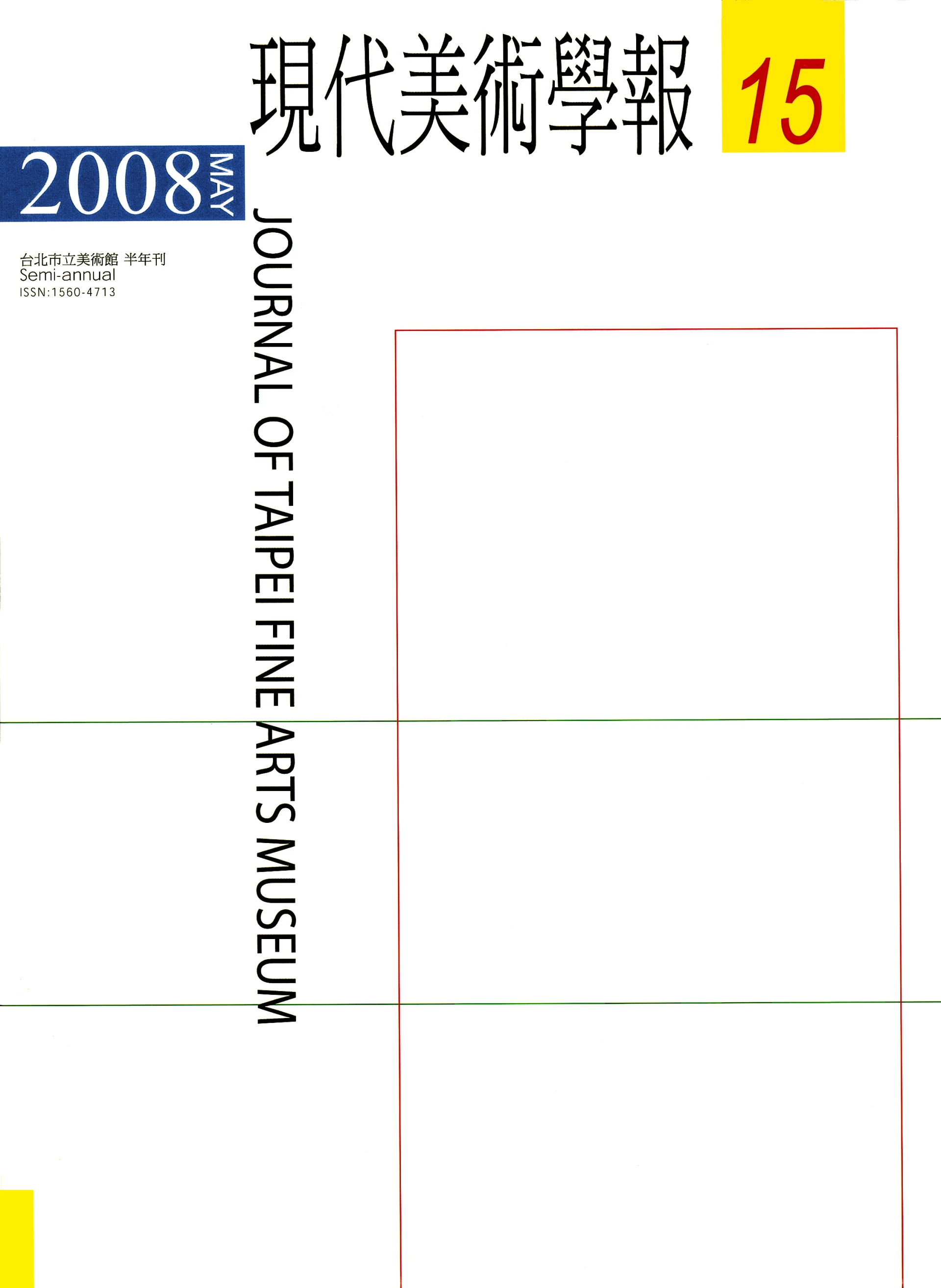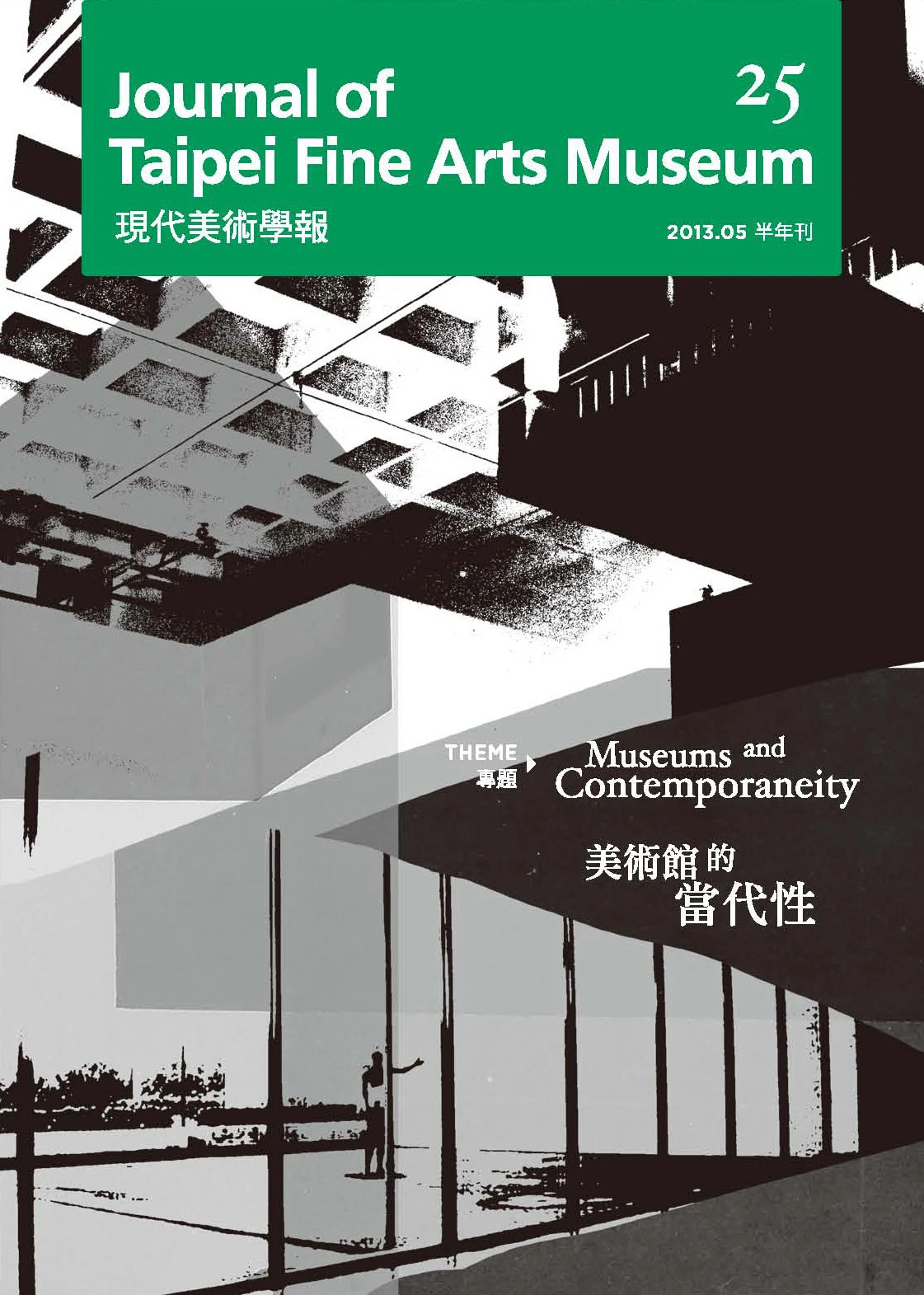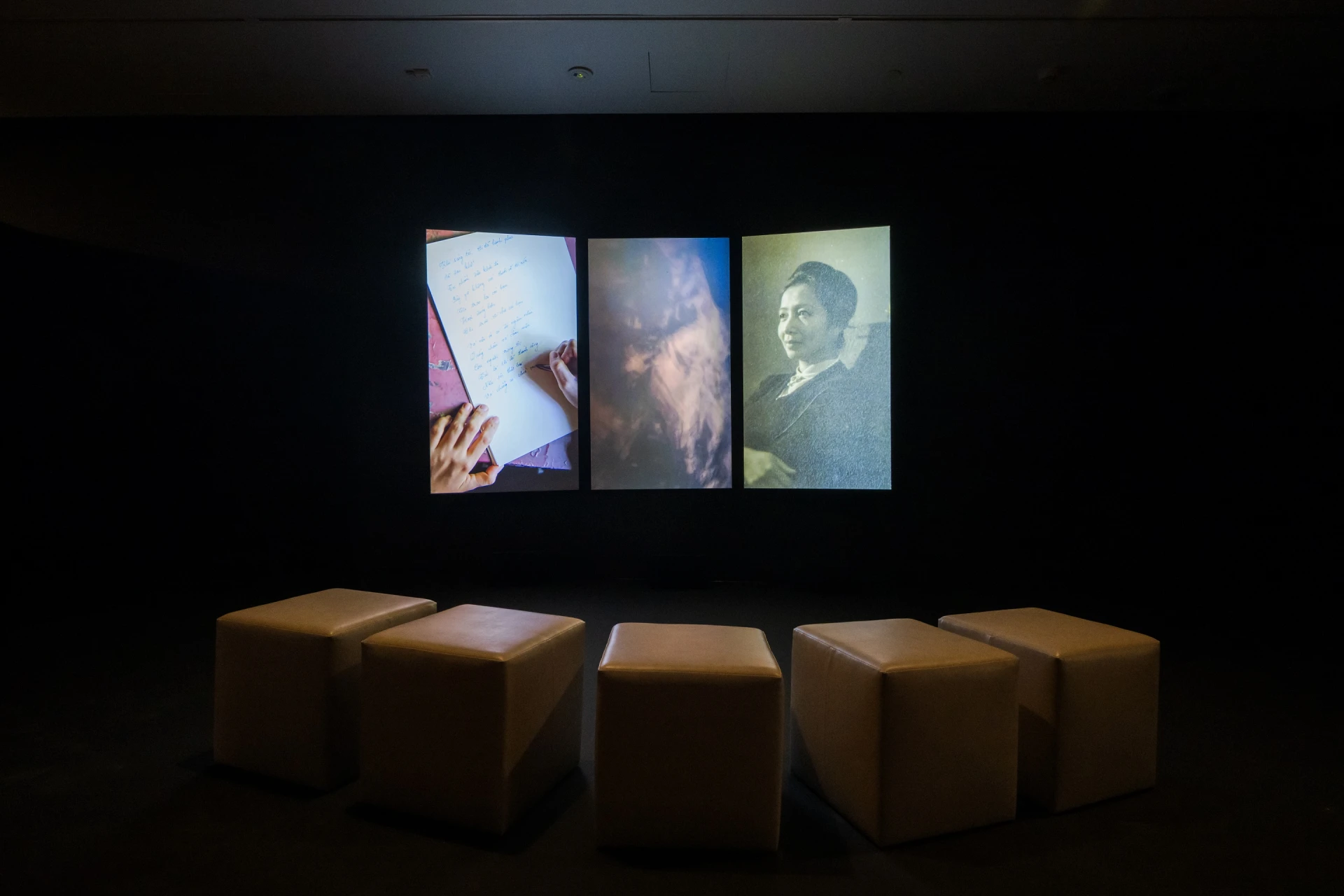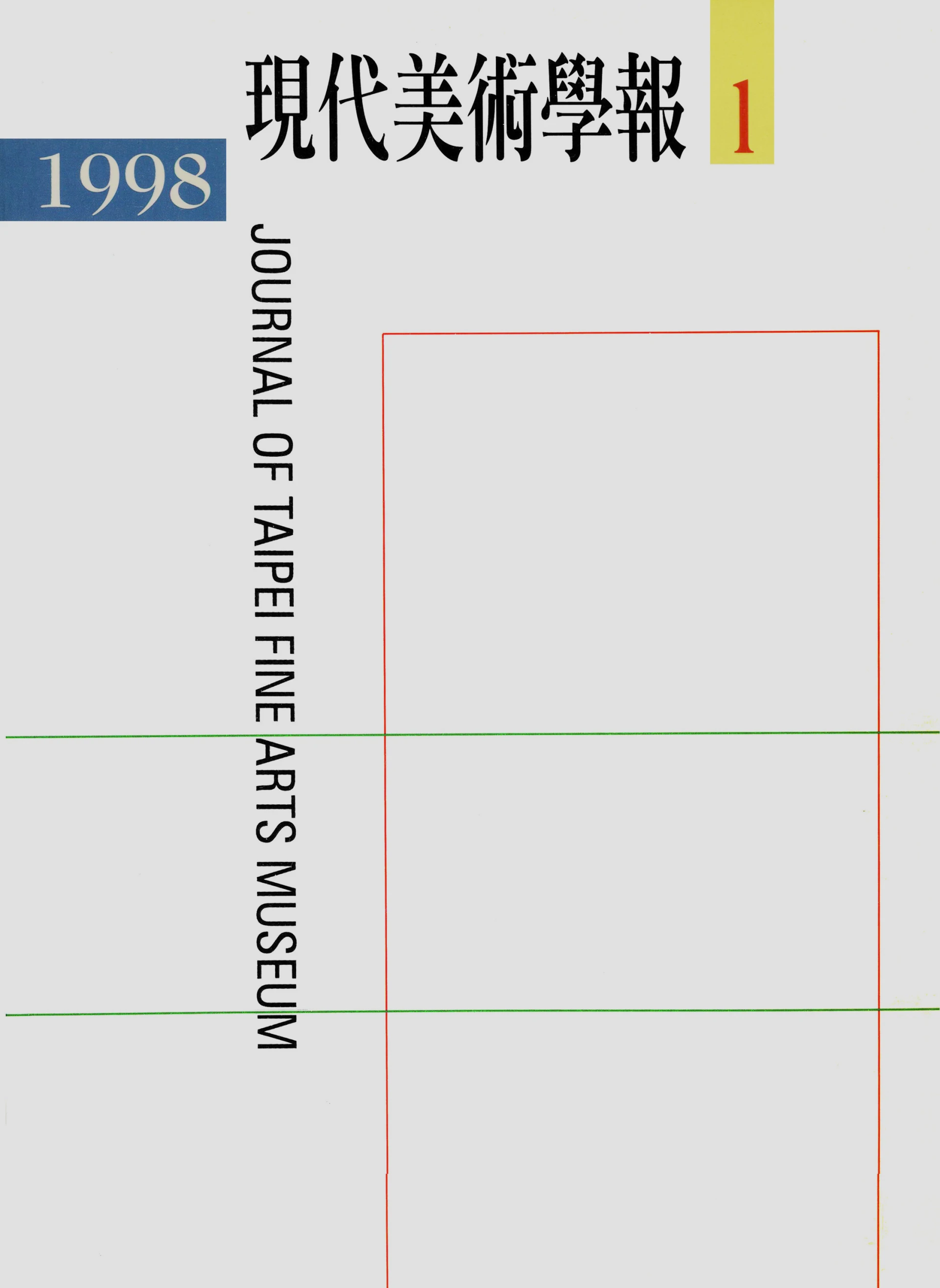摘要
本文旨在探討古德曼美學為什麼可以被視為是一種分析的藝術認識論的原因,以及這樣的美學所呈現的特徵是什麼。針對這個問題,本文從兩個部分來論述:第一部分從古德曼美學的基本理論立場來說明他是如何看待藝術、認知與認識論之間關係的問題;第二部分則從古德曼的三個不同行動面向來理解他的藝術認識論:(1)藝術教育:尤其是當初在哈佛大學創立「零計畫」的原初想法;(2)藝術創作:古德曼的多媒體藝術作品呈現出的認識論特徵;(3)哲學概念的重建:古德曼對哲學概念的重建實質上與認識論訴求有關。
最終,古德曼美學所帶有的藝術認識論色彩之所以值得關注,此乃因為這樣的主張其實與現當代藝術的發展進程有密切關聯。
關鍵詞
象徵、認知、認識論、零計畫
Abstract
This paper discusses why Nelson Goodman's aesthetics could be regarded as a sort of analytic epistemology of art, and what characterizes such aesthetics? In response to thesequestions above, this paper proceeds in two parts. The first part, beginning with his basic position of aesthetics, I would explore how Goodman thinks of arts, cognition and epistemology. The second part, starting from three different aspects of Goodman's action, this study tries to understand his epistemology as follows: (1) Art education: especially what is his original idea of founding Project Zero in Harvard University: (2) Art creation: Goodman's three multimedia works of art presented the characteristics of his epistemology: (3) Reconceptions in philosophy: as Goodman's reconceptions in philosophy are involved with his epistemological issues.
In the conclusion, why the characteristic epistemology in Goodman's aesthetics is worth examining is that its claims has a close connection with modern and contemporary process of art.
Keywords
symbols, cognition, epistemology, Project Zero






